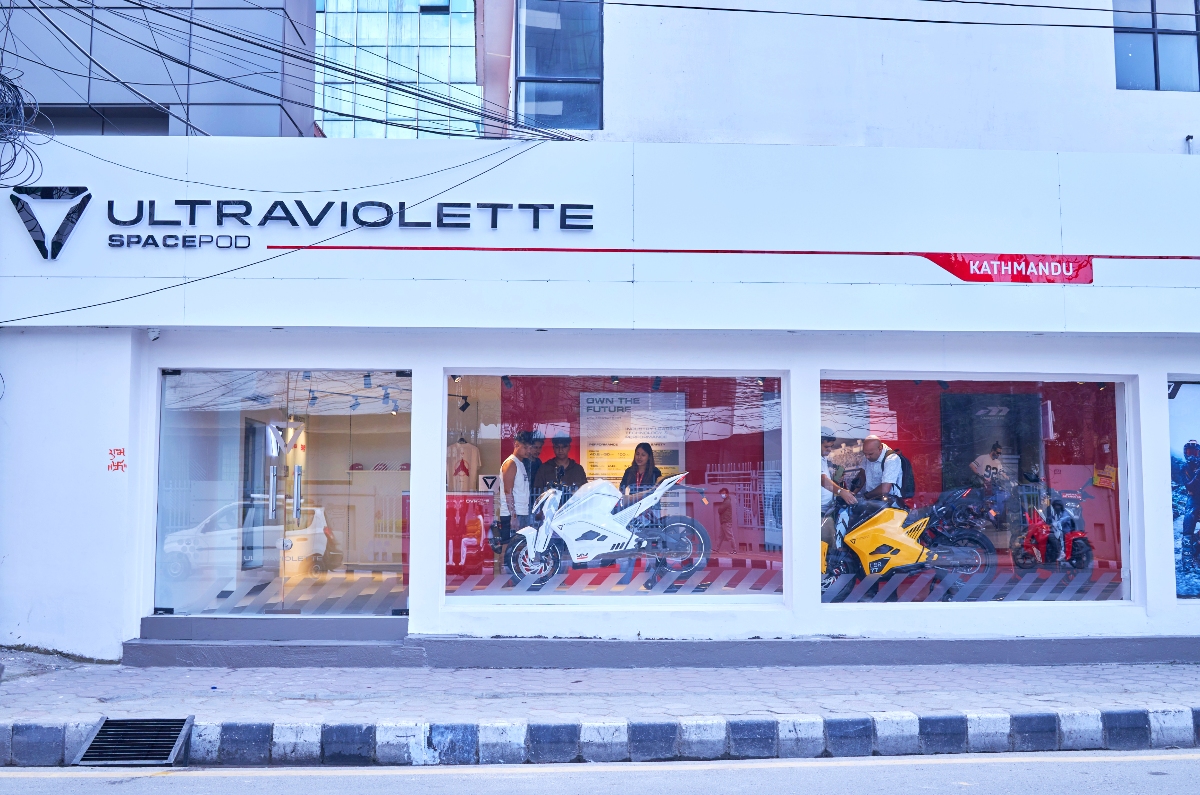Tiger Global and Softbank-backed neobank Revolut India has received an in-principle approval from the Reserve Bank of India (RBI) to issue Prepaid Payment Instruments (PPI), including prepaid cards and wallets, CEO Paroma Chatterjee wrote in a Linkedin post on Friday.
This licence builds upon Revolut India’s existing licences from the RBI, allowing it to operate as a Category-II Authorised Money Exchange Dealer (AD II) for issuing multi-currency forex cards as well as for cross-border remittance services.
“It is a major milestone for us, as it lends us the unique opportunity to offer Indian consumers both international and domestic payment solutions on a single platform,” Chatterjee wrote.
Revolut, the largest neobank in Europe, entered the Indian market in 2021 with expectations to challenge existing players in the domestic payments sector. The RBI nod is expected to strengthen Revolut's position as a key player in that space.
PPIs are instruments or payment tools that utilise stored monetary value, such as digital wallets, smart cards, or vouchers, for transactions.
On April 5, 2024, RBI governor Shaktikanta Das proposed allowing PPIs to be linked through third-party UPI applications, enabling PPI holders to conduct UPI payments similar to bank account holders.
“Being fully compliant with all regulatory requirements is our top priority. India is the only market where Revolut has therefore undertaken the massive task of localising the global tech-stack, in order to comply with local regulations,” she wrote in the Linkedin post.
In an interview with ET BFSI, Chatterjee revealed Revolut plan to introduce a full suite of digital-first money management services for all Indian customers. These services will allow users to manage their finances, including payments, remittances, both locally and internationally.
The app, currently in use by employees, will be officially launched once the internal testing phase is complete, Chatterjee said.
Further, she said that there are over 175,000 prospective customers on Revolut India’s waitlist, which demonstrates strong interest in the product.

 6 months ago
56
6 months ago
56



































 English (US)
English (US)